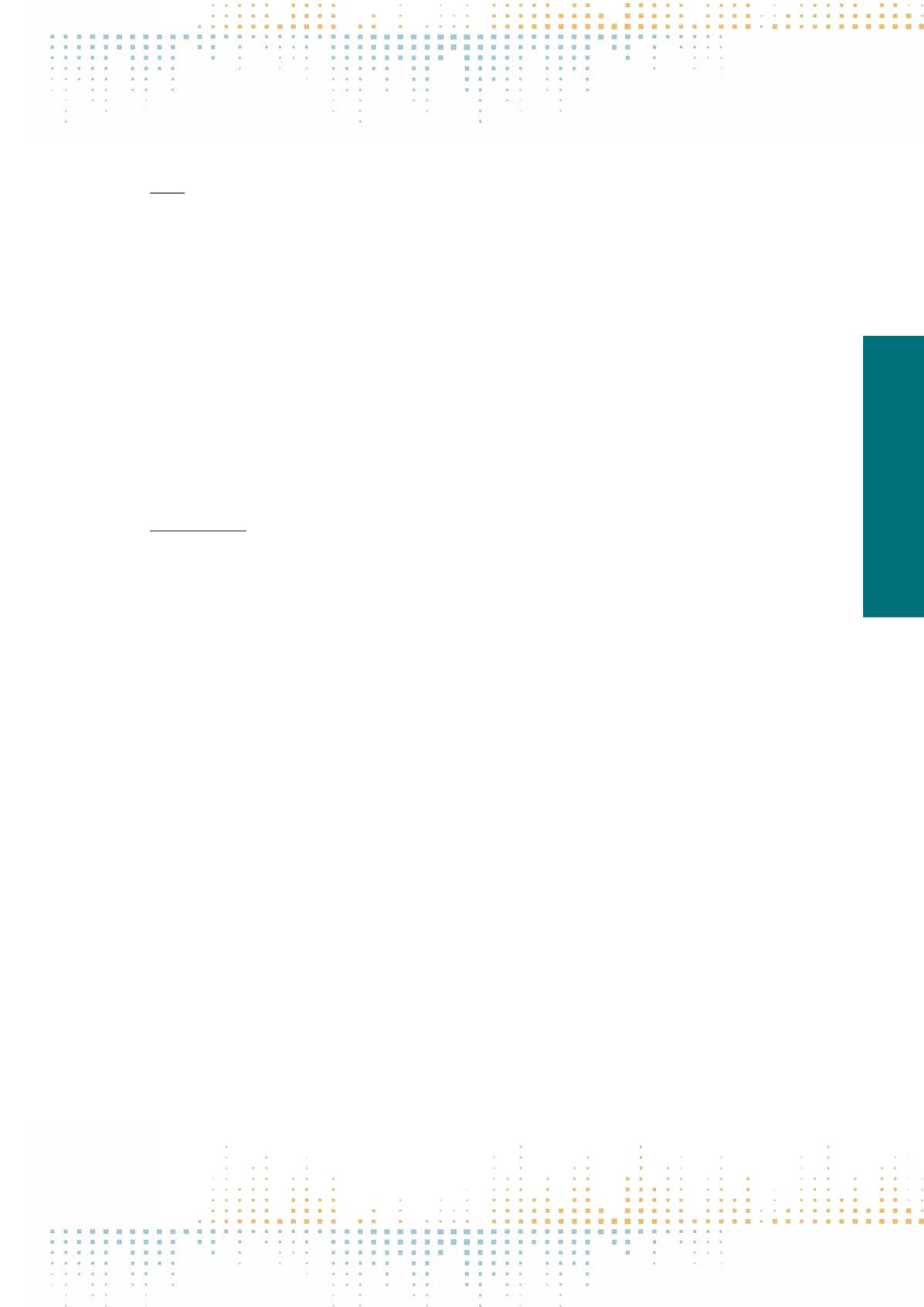

619
Thursday, November 10
0 9 : 0 0 – 1 0 : 3 0
PN 031
Pros and Cons of Multidisciplinarity in Teaching ‘Media and the City’ – Experiences from the School of Communication, Media
and Theatre, University of Tampere
M. Kytö
1
1
University of Tampere, Tampere, Finland
As part of a larger institutional reform in 2010, the University of Tampere changed its BA degree programs from discipline-oriented studies to multidisci‑
plinary study programs. This has meant that several courses are now organized to provide understanding in broad thematic issues through conceptual per‑
spectives rather than being based on single core subjects. In my presentation, I will reflect teaching one such course on mediated urban space in the School
of Communication, Media and Theatre. The group in question consisted of second-year students to ones almost finishing their master’s degree (the number
of participants being about 20). The background of the students, coming from Finland and abroad, ranged from literary studies, photojournalism, social
work, urban engineering, speech communication and music studies. As this was not an introductory course but an intermediate level seminar cum work‑
shop, my primary challenge as a teacher was to create an encouraging atmosphere, and provide means, for the students to engage in a multidisciplinary
dialogue, a task even many academics find challenging. I will illuminate the expectations and reactions of the course participants to the study syllabus
and course texts, analyse methods of dialogic teaching and discuss how to support and enhance the students’argumentative skills. A central problem and
challenge during this particular course was that the students lacked shared concepts and joint research paradigms. Based on observations made during
the course, one of my key arguments is that while teaching inherently manifold topics such as‘media and the city’necessitates an approach that draws from
multiple scholarly directions, we also need a sharper focus on the proposed objective of studies. Otherwise, there is a significant risk that amidst the deep
structural transformations presently shaping universities, multidisciplinary study programs place the students in a disadvantaged position to begin with.
PN 032
Image of a City as an Image of the Field – Disciplinary Boundaries and »City and Image« Course at Faculty of Social Sciences, University
of Ljubljana
I. Tomanić-Trivundža
1
1
University of Ljubljana, Ljubljana, Slovenia
The presentation is a reflection of teaching a course on media and the city in a Master’s programme of Media and Communication Studies at the Faculty
of Social Sciences, University of Ljubljana. The introduction of this elective course in 2012 was spurred by an explicit hope to bring the course structure in
line with the latest developments within the field of media studies. There was also an implicit desire to gain competitive advantage in the light of increased
competition for enrolment of MA level students. The two tendencies, however, have proved hard to reconcile. This is because the tendency to reflect current
developments of the field emphasises the need for interdisciplinary and transdisciplinary approaches, while the competitiveness aspect advocates the need
of clearly demarcating the boundaries of the field. The tensions created by these competing tendencies are clearly visible in the course City and image.
While the course is a highly welcomed (by both students and staff) expansion of media studies within my institution, it is at the same time a specific nar‑
rowing-down of the subject of study, limiting itself to the mediated aspects of urbanity. My argument in the presentation is that this is not an idiosyncratic
case but bespeaks of the state of our field. Media and communication studies have been for long torn between proclamations of being an autonomous field
and lamentations that we are“merely”an intersection between proper disciplines. The emerging urban media studies (or media studies of urbanity) cannot
escape this controversy but will need to face it openly and provide a clear answer to it in the process of its (potential) institutionalisation.



















